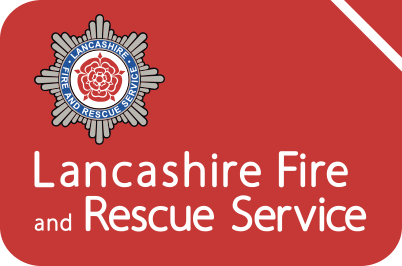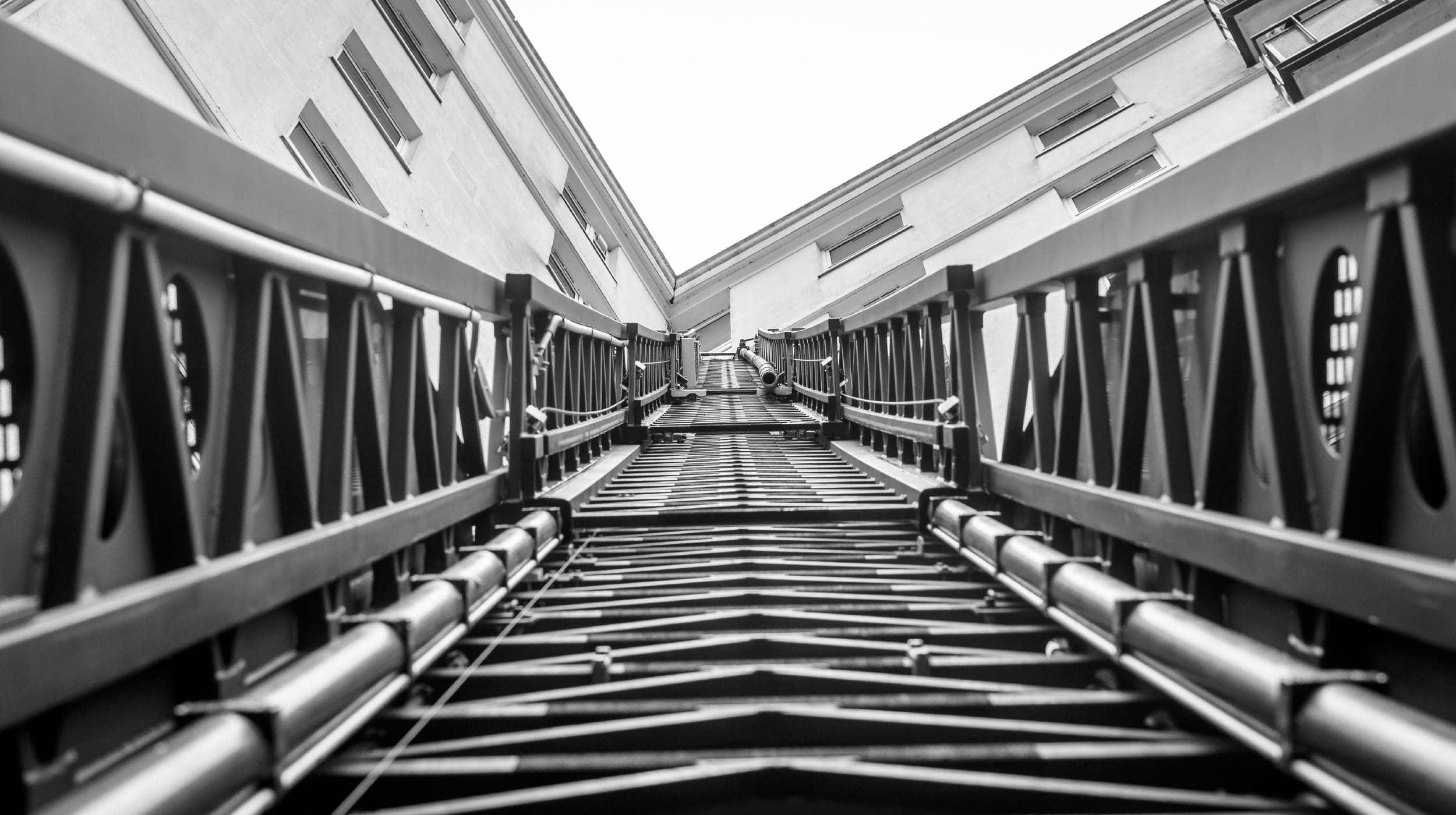Flooding is dangerous and extremely disruptive, but there are some practical steps you can take to prepare yourself and your home.
Preparing ahead of time can lessen the damage flooding causes to your property, potentially saving you money and allowing you to recover more quickly after the flood.
Turn off the electrics and gas supplies in your house.
Where possible and practicable move items up off the ground or up to a higher level in your property.
Plan where you could travel ahead of time to avoid the flooding. Remember not to drive through flood water.
Sign up to receive notifications about flood alerts and warnings from the UK Government website (opens in a new tab).
Ahead of bad weather such as storms, it's also important to follow local and national media so you're aware of the weather forecast. Why not bookmark your favourite links, or make a note of local radio stations that provide flood information?





